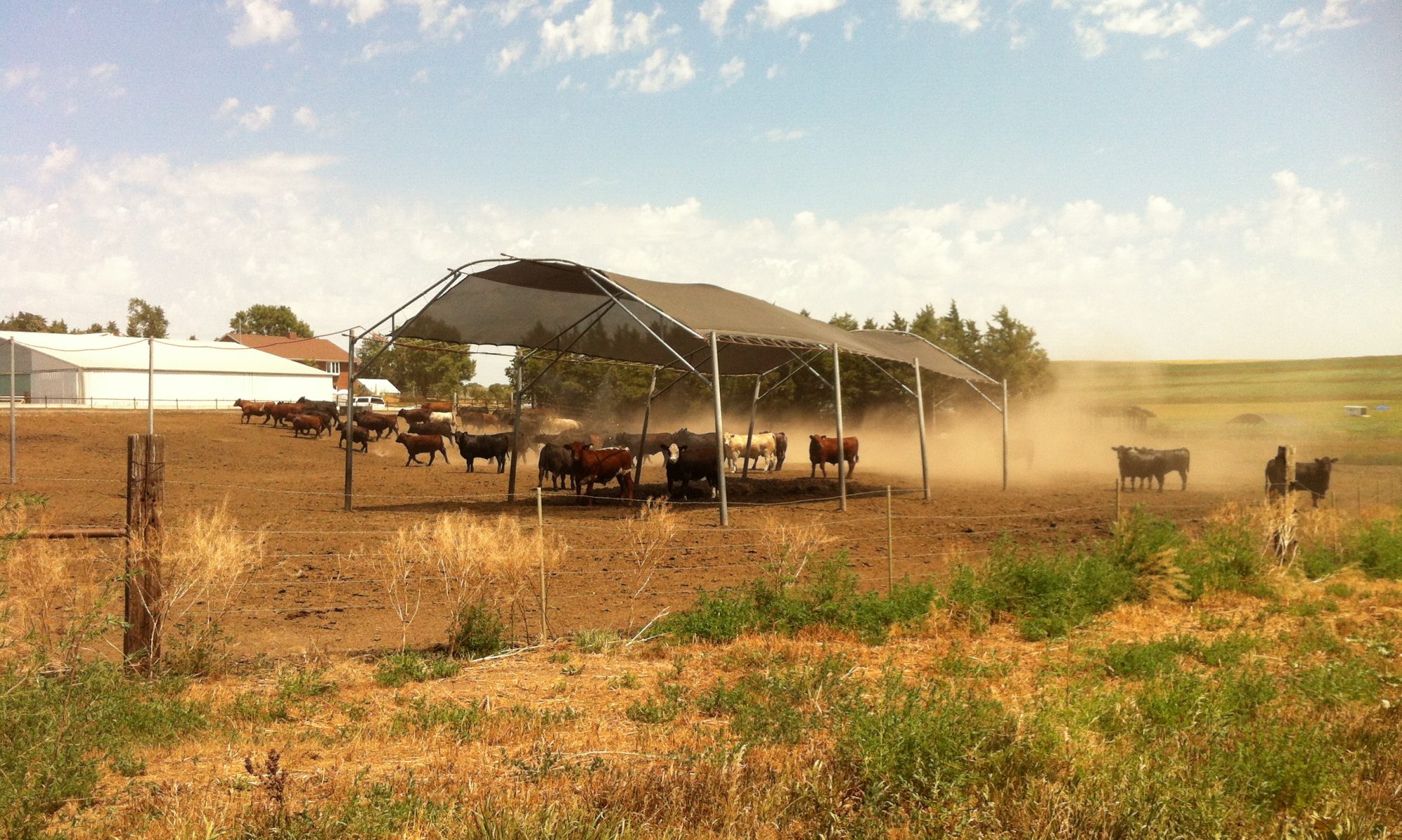Manure has long been used as a crop fertilizer and soil amendment. Research has shown that manure application can positively impact infiltration rates, soil aggregation, water holding capacity, and crop yields.
While manure can be beneficial, overapplication is not. Too much manure in one place can lead to problems with salt buildup and excess nutrients which can lead to problems with water quality. As with most other inputs, manure is most valuable when it is managed to be in balance with plant needs.
What Is Soil Health?
The United Nations Food and Agriculture Organization (FAO) and the USDA Natural Resource Conservation Service both use the following as the definition of soil health developed by Pankhurst et al., 1997.
The continued capacity of soil to function as a vital living ecosystem that sustains plants, animals, and humans.
Resources On Land Application of Manure and Impacts on Soil Health
[Roundtable Series] Four roundtable webinars will focus on soil health testing, soil biology, soil erosion, and cover crops as they pertain to manure application. The weekly series runs from February 9-March 9, 2017. More…
[Article] Environmental Benefits of Manure Application
[Recorded webinars]
- Chemical, Biological, and Physical Impacts of Manure on Soil (2008)
- The Soil Health Paradigm: Holistic Manure Management (2011)
- Manure and Soil Health Project (MaSH) (2016)
- Micro Manure Management (2015) – see first presentation on “Impact of swine slurry on soil health”
Each of the resources listed above includes links to research articles, extension publications, and more. The MaSH webinar also includes information in how to become involved in the learning network and to read or contribute to the project blog.
[Learning Network] The Soil Health Nexus is sponsored by the North Central Water Network but welcomes interested people from all regions
[Book] Sustainable Agriculture Research and Education (SARE) program “Building Soils for Better Crops 3rd Edition“. The sections most relevant to manure and soil health are linked below.
Animal Manures for Increasing Organic Matter and Supplying Nutrients

